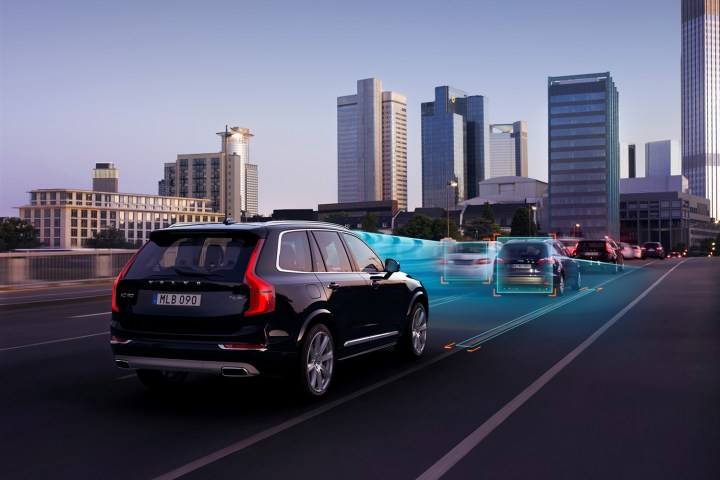
The first cars fully capable of autonomous driving likely won’t be available till 2020 or later, but the Adrian Flux policy gives discounts for partially driverless features. In the firm’s finer print, apparently “driverless features” isn’t just lane detection, auto parking, and collision avoidance, though certainly those would qualify, but even the much more common ABS, or antilock braking systems. The company has said it will update policy rates as the technology advances and liability questions are answered, but reiterated the commonly stated estimate that human error is at least partially at fault in more than 90 percent of fatal car accidents.
Adrian Flux general manager Gerry Bucke, said, “We understand this driverless policy to be the first of its kind in the U.K. — and possibly the world … More than half of new cars sold last year featured autonomous safety technology, such as self-parking or ABS, which effectively either take control or take decisions on behalf of the driver. And it’s only going to continue.” Bucke added that “Driverless technology will become increasingly common in our cars over the next few years.”
In some respects, it’s business as usual. “We already provide discounts for cars fitted with assistive technology, such as autonomous braking, as it has been proved to reduce accidents, and therefore claims,” Bucke said.
Adrian Flux’s driverless policy has other signs-of-future-times coverage terms, including coverage for satellite failure or other outages that affect navigation systems, vehicle operating system failure, loss or damage because a human didn’t override a faulty driverless system, failure to install software and security updates and patches, and loss or damage if the car gets hacked. The insurance policy also covers claims arising from incidents in which the car is at fault.
It would be interesting to see a range of policy rates for similar vehicles with different levels of driverless features insured to the same driver in the same location, which would give us a sense of how autonomous car insurance policies might affect the overall market. However, before the Adrian Flux coverage, there wasn’t even a policy to compare.
Editors' Recommendations
- Your car insurance company knows more about you than you think
- Dubai Police to deploy driverless patrol cars with AI smarts
- Watch folks react to their first ride in GM Cruise’s driverless car
- This self-driving racing car could have done with a driver
- GM Cruise given nod to test fully driverless cars in San Francisco




